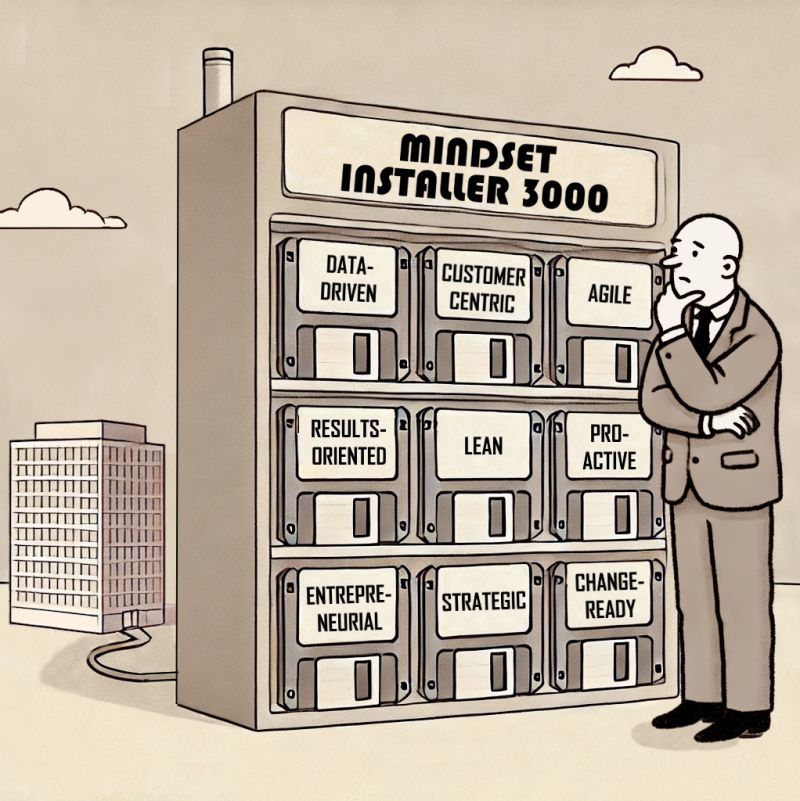A data culture cannot be mandated; it emerges (or not).
The promises of a data-driven organization are compelling: teams making insightful decisions, innovations sparked by analytics, and a competitive edge sharpened by information. Unfortunately, like with many transformative changes, organizations often seek shortcuts to become data-driven—installing gleaming dashboards, hiring data teams, and declaring data a core part of the strategy, but failing to address data culture.
Without addressing the underlying cultural currents, however, most technical and structural changes will amount to little more than "data theater". Data is only as valuable as the questions we ask and the actions we take. The effective use of data therefore requires a culture where curiosity is nurtured, failure is tolerated, and insights are acted upon.
Such a culture can neither be conjured overnight nor installed via executive decree. It is the byproduct of shared experiences, incentives, and social norms. Attempting to impose it is akin to demanding trust or commanding creativity—it misunderstands the nature of human psychology and organizational dynamics.
You don’t become a data powerhouse merely by ordering employees to think quantitatively or by explaining the importance of data. Instead, an ecosystem must be created where data informs decisions at every level. Invest in training, but not just in technical skills and data literacy, but also in critical thinking. Patience and persistence trump urgency.
It’s vital that leaders lead by example. Employees absorb the data-driven ethos not through mandates, but through daily experiences. When leaders model data-driven behaviors—seeking evidence, questioning assumptions, rewarding analytical thinking—they set the tone. It's the difference between proclamation and embodiment.
The path forward is clear: Stop wishing for and demanding data culture. Rather, focus on building conditions where it can naturally emerge. It's daily actions, not tools and declarations, that determine whether data becomes part of your organization's DNA.
